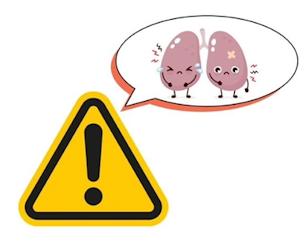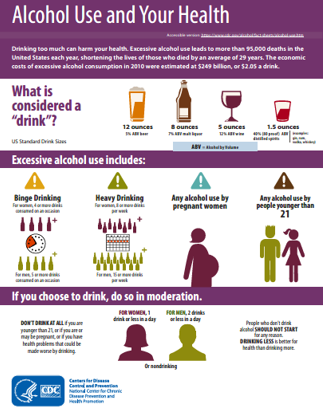Lung Care Program
A program for members with Asthma

We know you are taking action to care for your Asthma. To help, our Lung Care Program gives you the following benefits:
- A Lung Care Team to support your health needs
- Health Education
Members with Asthma are eligible for the Lung Care Program. Services are free and members can decline to participate at any time.
For more information about our Lung Program:
Call: 1-866-292-0010 (TTY 711)
Office hours: Monday to Friday, 8 a.m. to 5 p.m. PST
E-mail: populationhealth@prospectmedical.com
On this page:
Learn more about living with adult on-set Asthma

- Asthma is a lifelong disease of the lungs. It is common in children, but adults can have it too. When people have asthma, their lung’s airways are sensitive to things called triggers – like dust and pollen. Some people react to a few triggers while others react to many. Asthma happens when the airways close due to a trigger. This causes shortness of breath and a flare-up (or asthma “attack”).
- There is no cure for asthma, but you can live your best life with an action plan and the right treatment.

- The cause of adult on-set asthma is unknown, but some things increase your chances of getting it, including:
- Having a blood relative with asthma – a parent or sibling
- A history of smoking tobacco or years of being around secondhand smoke
- Exposure to things at a workplace like dusts, chemical fumes, and molds
- A history of allergies like eczema and hay fever

- Symptoms of asthma vary from person to person and can include:
- Chest tightness
- Shortness of breath
- Wheezing when exhaling
- Coughing more than usual
- Trouble sleeping due to coughing or shortness of breath
- Take action! Contact your doctor if you feel symptoms that are worse than usual. In an emergency, dial 911.

- Take charge of your health with your doctor and create an action plan to:
- Take your medicines as prescribed
- Identify and avoid asthma triggers
- Get to know your usual symptoms of asthma – it will help you catch unusual symptoms before they get worse
- Have a quick relief inhaler on-hand – if you need to use it more than usual that is a sign of an upcoming flareup
- Track your breathing daily with a peak flow meter (PFM) – it can help prevent a flare up before you feel symptoms
- Then, create an action plan to:
- See your doctor at least once a year
- Update your written asthma action plan once a year
- Review how to use your inhalers once a year
- Clean your spacer or aerochamber as needed
- Get your flu, pneumonia, and COVID-19 vaccines
- Avoid using tobacco and stay away from others who smoke
- Be active and move daily

- Living with adult on-set Asthma may cause fear, stress, and depression, but you are not alone. Create an action plan to:
- Talk often about your concerns for managing Asthma with your doctor and lung care team
- Seek help from family and friends for emotional support
- Join a support group and learn coping skills from others
- Ask for a referral to a counselor for depression if needed
- Complete and share your advance care planning documents with your doctor
Learn more about managing adult on-set asthma with the following resources
- Ten tips for quitting smoking
- Benefits of quitting smoking
- For more aid to help you quit call Kick It California at 1-800-300-8086 or visit www.kickitca.org.
- Kick It California in other languages:
- Spanish - Phone: 1-800-300-8191, Web: www.kickitca.org/es
- Chinese – Phone: 1-800-838-8917, Web: www.asiansmokersquitline.org/?lang=zh-hans
- Korean – Phone: 1-800-556-5564, Web: www.asiansmokersquitline.org/?lang=ko
- Vietnamese- Phone: 1-800-778-8440, Web: www.asiansmokersquitline.org/?lang=vi
Health education materials are posted with permission from authorized agencies and organizations. References for content on asthma: 2022 GINA Guidelines, Asthma and Allergy Foundation of America, American Lung Association-Asthma, NIH-Asthma, CDC-Asthma, and Mayo Clinic-Asthma.




 Create an asthma action plan -->
Create an asthma action plan --> Review how to use your inhalers -->
Review how to use your inhalers --> Check your home for asthma triggers -->
Check your home for asthma triggers --> If you smoke, quit -->
If you smoke, quit --> Prevent the flu -->
Prevent the flu --> Get Vaccinated -->
Get Vaccinated --> Choose healthier foods and cut down on added sugars -->
Choose healthier foods and cut down on added sugars --> Active Living -->
Active Living --> Take care of your mental health and wellbeing -->
Take care of your mental health and wellbeing --> Do not drink too much alcohol -->
Do not drink too much alcohol --> Manage Asthma during pregnancy -->
Manage Asthma during pregnancy -->